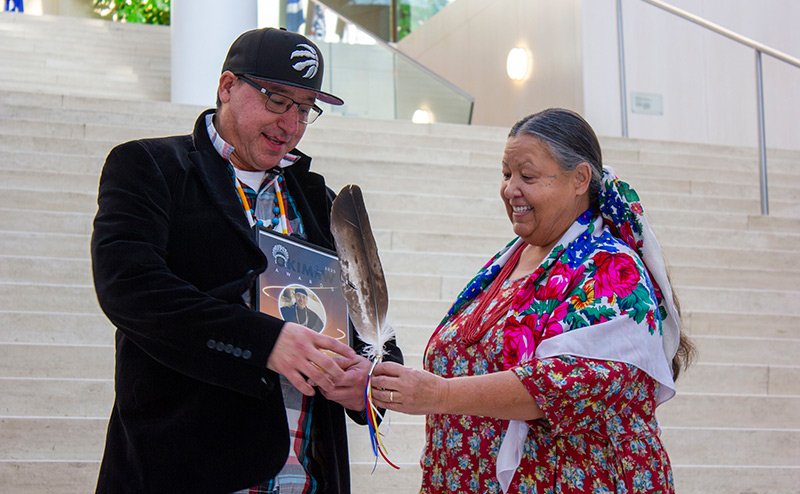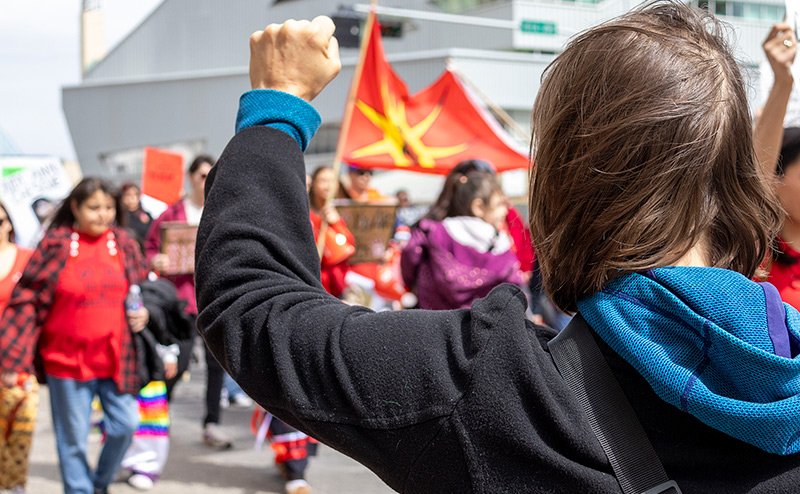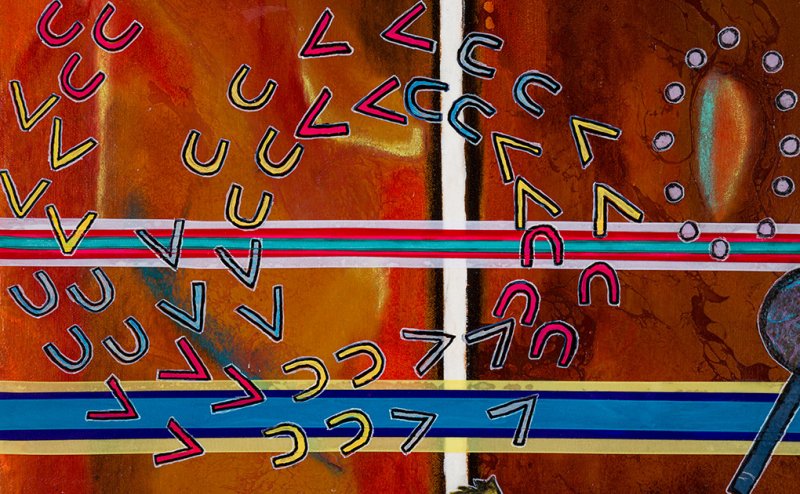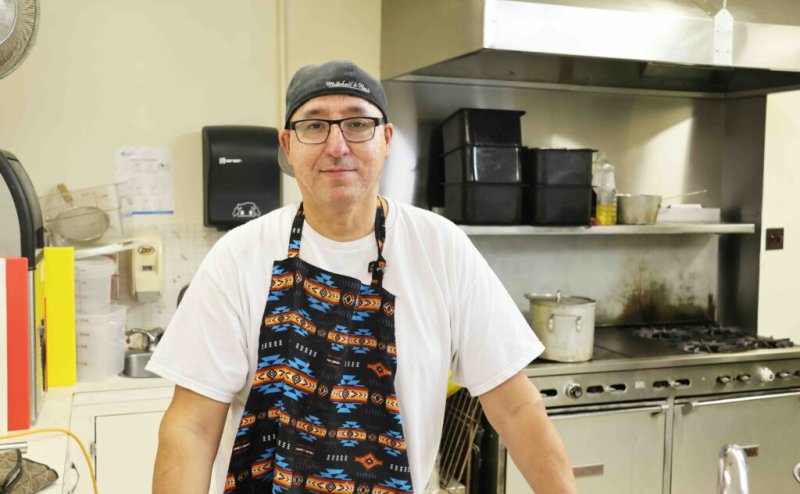At our inaugural Elders and Knowledge Keepers gathering in March 2019, the Elders determined a need to have a ceremony to officially begin this work. Collectively, these Elders selected two from amongst themselves to lead the City of Edmonton in a pipe ceremony. Through this ceremony came a guiding concept for our service to, and relationship with, Indigenous Peoples on this land: Wahigicicobi (wah-hee-gi-chee-cho-bee), a Îethka Nakoda word, meaning “kinship relationships.”
Wahigicicobi
Pronunciation: wah-hee-gi-chee-cho-bee






